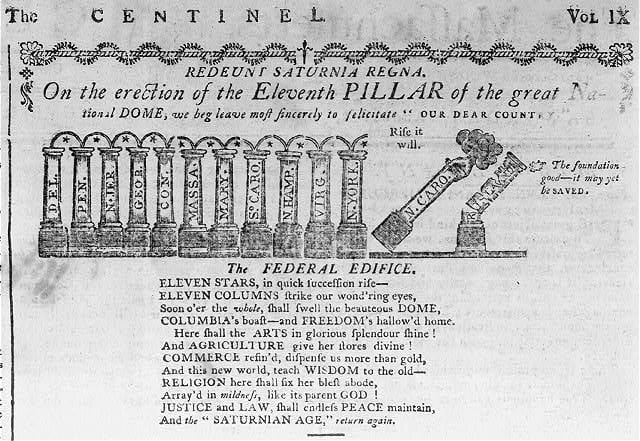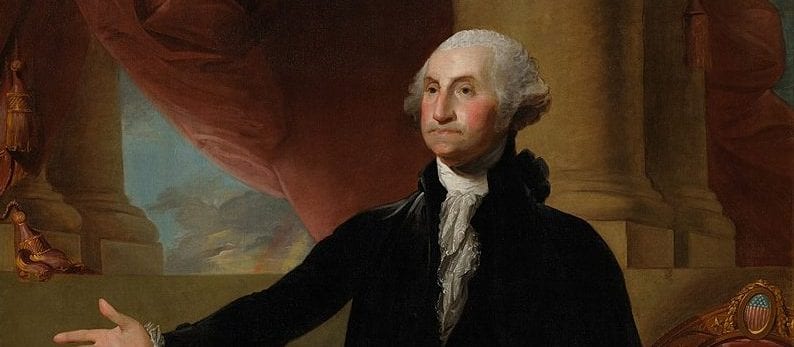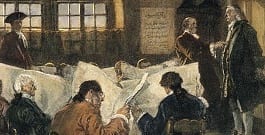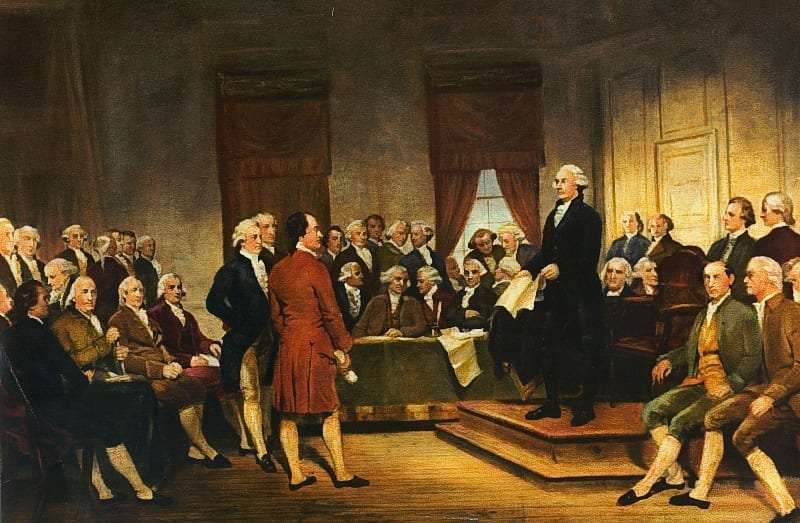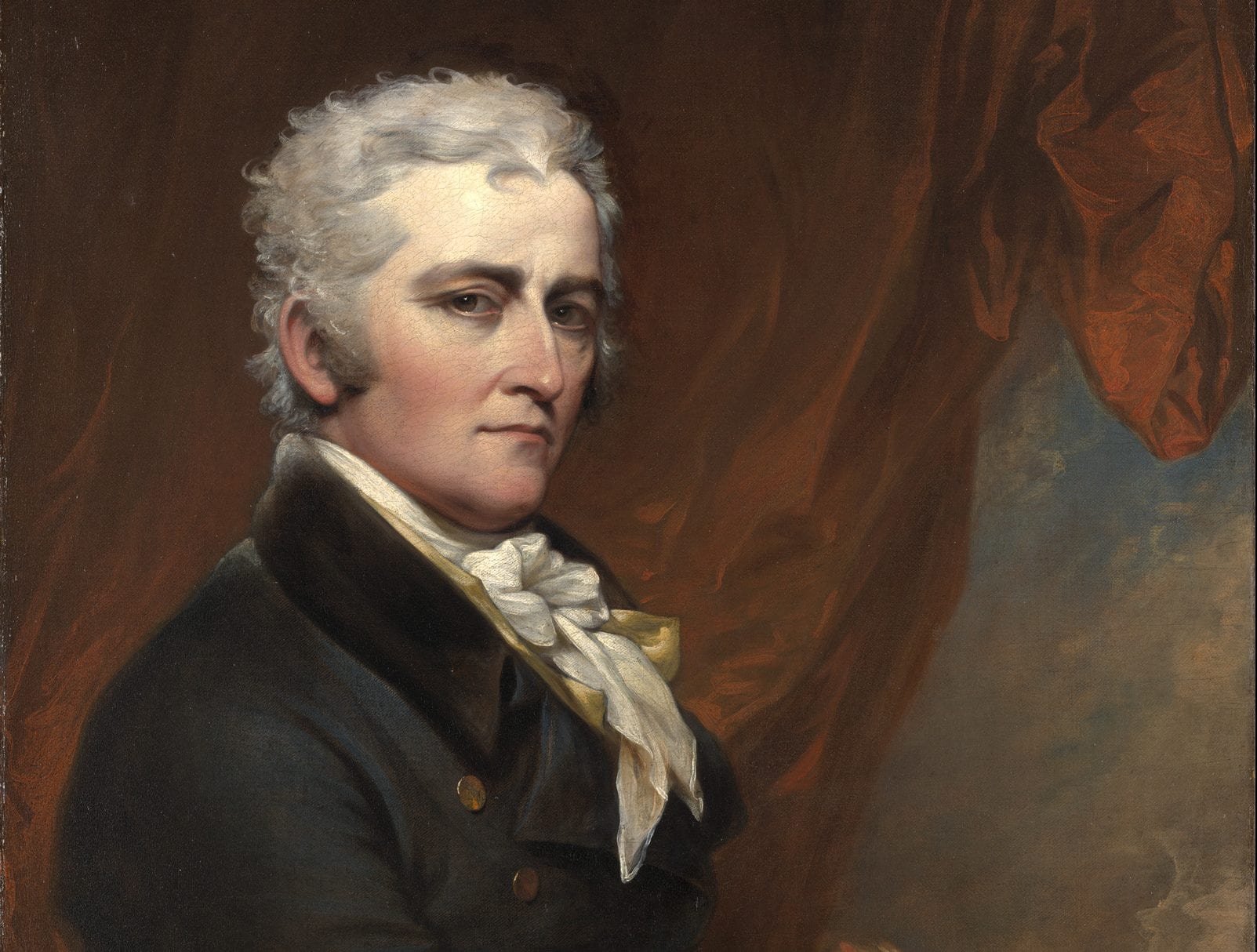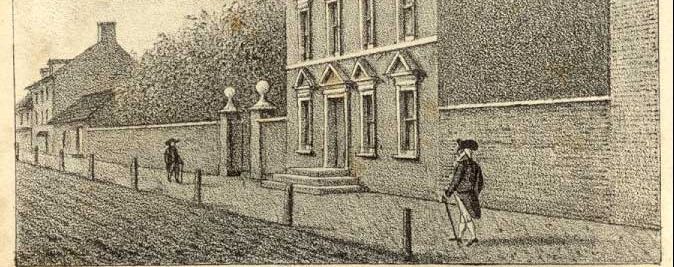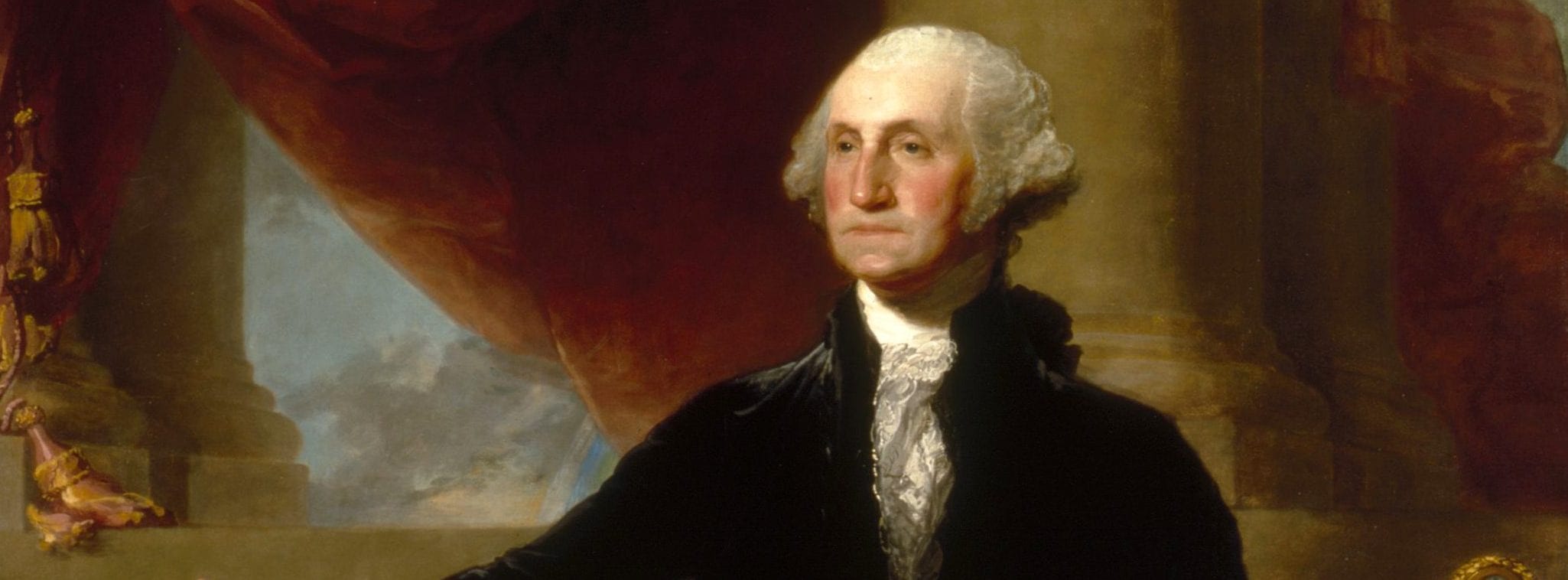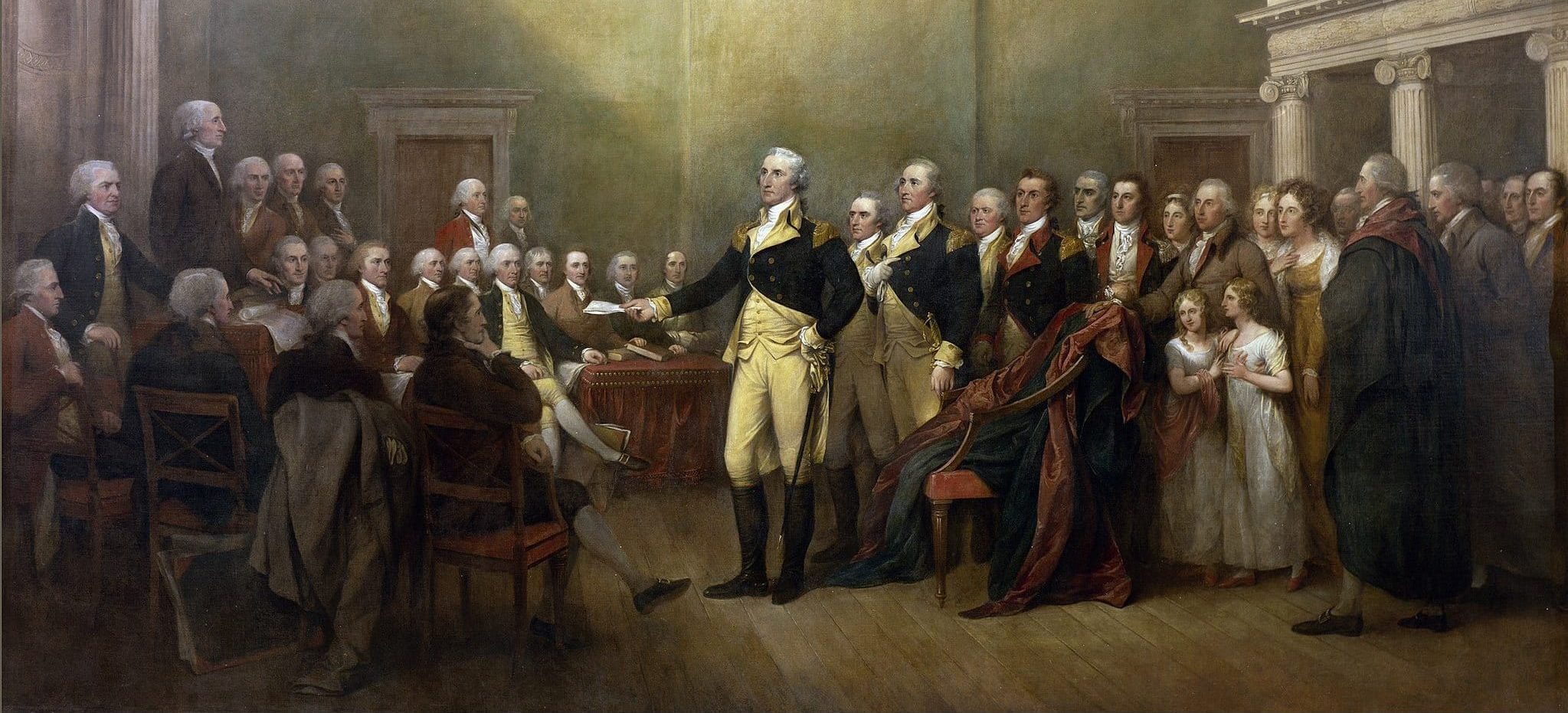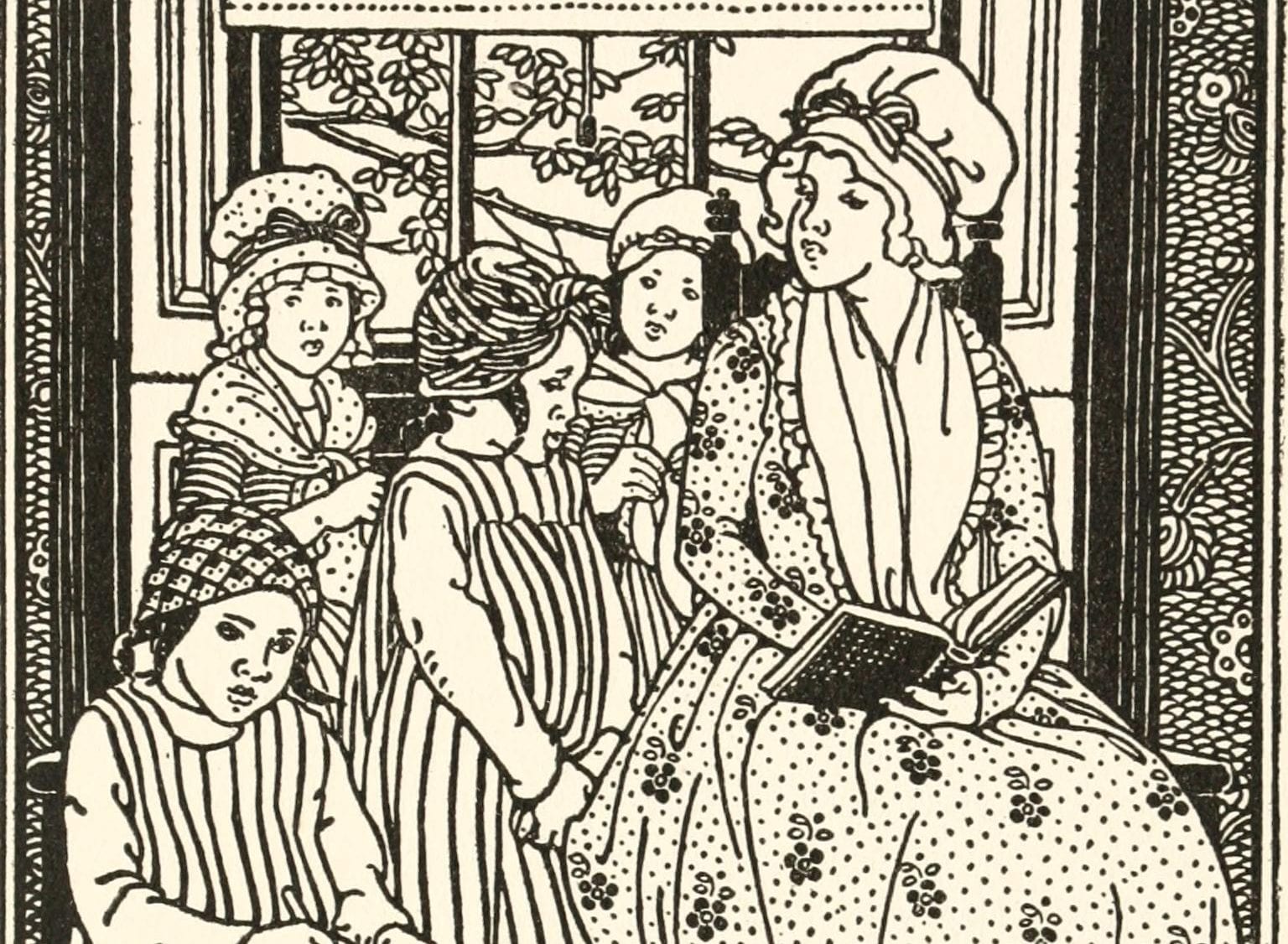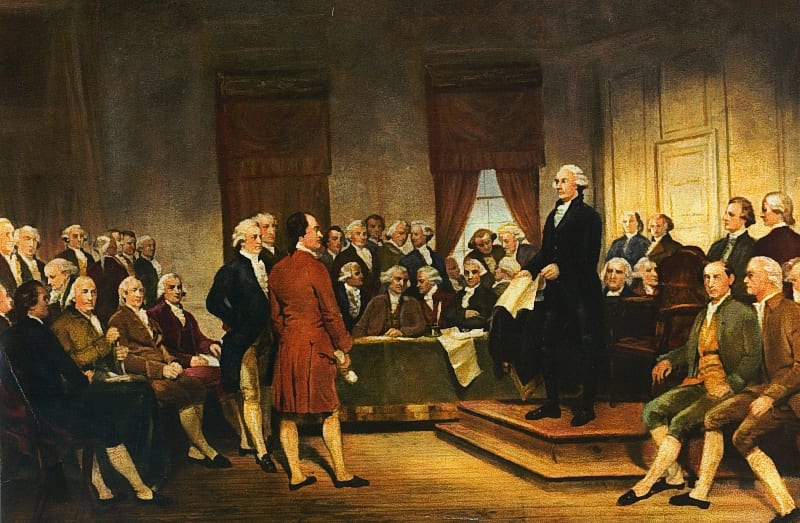
Dear sir,
In this letter I shall further examine two clauses in the proposed constitution respecting appointments to office. By art. 2. sect. 2. the president shall nominate, and by and with the advice and consent of the senate, shall appoint ambassadors, other public ministers and consuls, judges of the supreme court, and all other officers of the United States, whose appointments, &c. By art. 1, sect. 6. No senator or representative shall, during the term for which he was elected, be appointed to any civil office under the authority of the United States, which shall have been created, or the emoluments whereof shall have been increased during such time.
Thus the president must nominate, and the senate concur in the appointment of all federal officers, civil and military, and the senators and representatives are made ineligible only to the few civil offices abovementioned. To preserve the federal government pure and uncorrupt, peculiar precautions relative to appointments to office will be found highly necessary from the very forms and character of the government itself. The honours and emoluments of public offices are the objects in all communities, that ambitious and necessitous men never lose sight of. The honest, the modest, and the industrious part of the community content themselves, generally, with their private concerns; they do not solicit those offices which are the perpetual source of cabals, intrigues, and contests among men of the former description, men embarrassed, intriguing, and destitute of modesty. Even in the most happy country and virtuous government, corrupt influence in appointments cannot always be avoided; perhaps we may boast of our share of virtue as a people, and if we are only sufficiently aware of the influence, biasses, and prejudices, common to the affairs of men, we may go far towards guarding against the effects of them.
We all agree, that a large standing army has a strong tendency to depress and inslave the people; it is equally true that a large body of selfish, unfeeling, unprincipled civil officers has a like, or a more pernicious tendency to the same point. Military, and especially civil establishments, are the necessary appendages of society; they are deductions from productive labour, and substantial wealth, in proportion to the number of men employed in them; they are oppressive where unnecessarily extended and supported by men unfriendly to the people; they are injurious when too small, and supported by men too timid and dependant. It is of the last importance to decide well upon the necessary number of offices, to fill them with proper characters, and to establish efficiently the means of punctually punishing those officers who may do wrong.
To discern the nature and extent of this power of appointments, we need only to consider the vast number of officers necessary to execute a national system in this extensive country, the prodigious biasses the hopes and expectations of offices have on their conduct, and the influence public officers have among the people these necessary officers, as judges, state’s attornies, clerks, sheriffs, &c. in the federal supreme and inferior courts, admirals and generals, and subordinate officers in the army and navy, ministers, consuls, &c. sent to foreign countries; officers in the federal city, in the revenue, post office departments, &c. &c. must, probably, amount to several thousands, without taking into view the very inferior ones. There can be no doubt but that the most active men in politics, in and out of congress, will be the foremost candidates for the best of these offices; the man or men who shall have the disposal of them, beyond dispute, will have by far the greatest share of active influence in the government; but appointments must be made, and who shall make them? what modes of appointments will be attended with the fewest inconveniencies? is the question. The senators and representatives are the law makers, create all offices, and whenever they see fit, they impeach and try officers for misconduct; they ought to be in session but part of the year, and as legislators, they must be too numerous to make appointments, perhaps, a few very important ones excepted. In contemplating the necessary officers of the union, there appear to be six different modes in which, in whole or in part, the appointments may be made, 1. By the legislature; 2. by the president and senate 3. by the president and an executive council 4. by the president alone 5. by the heads of the departments and 6. by the state governments. Among all these, in my opinion, there may be an advantageous distribution of the power of appointments. In considering the legislators, in relation to the subject before us, two interesting questions particularly arise 1. Whether they ought to be eligible to any offices whatever during the period for which they shall be elected to serve, and even for some time afterwards and 2. How far they ought to participate in the power of appointments. As to the first, it is true that legislators in foreign countries, or in our state governments, are not generally made ineligible to office: there are good reasons for it; in many countries the people have gone on without ever examining the principles of government. There have been but few countries in which the legislators have been a particular set of men periodically chosen: but the principal reason is, that which operates in the several states, viz. the legislators are so frequently chosen, and so numerous, compared with the number of offices for which they can reasonably consider themselves as candidates, that the chance of any individual member’s being chosen, is too small to raise his hopes or expectations, or to have any considerable influence upon his conduct. Among the state legislators, one man in twenty may be appointed in some committee business, &c. for a month or two; but on a fair computation, not one man in a hundred sent to the state legislatures is appointed to any permanent office of profit: directly the reverse of this will evidently be found true in the federal administration. Throughout the United States, about four federal senators, and thirty-three representatives, averaging the elections, will be chosen in a year; these few men may rationally consider themselves as the fairest candidates for a very great number of lucrative offices, which must become vacant in the year, and pretty clearly a majority of the federal legislators, if not excluded, will be mere expectants for public offices. I need not adduce further arguments to establish a position so clear; I need only call to your recollection my observations in a former letter, wherein I endeavoured to shew the fallacy of the argument, that the members must return home and mix with the people. It is said, that men are governed by interested motives, and will not attend as legislators, unless they can, in common with others, be eligible to offices of honor and profit. This will undoubtedly be the case with some men, but I presume only with such men as never ought to be chosen legislators in a free country; an opposite principle will influence good men; virtuous patriots, and generous minds, will esteem it a higher honor to be selected as the guardians of a free people; they will be satisfied with a reasonable compensation for their time and service; nor will they wish to be within the vortex of influence. The valuable effects of this principle of making legislators ineligible to offices for a given time, has never yet been sufficiently attended to or considered: I am assured, that it was established by the convention after long debate, and afterwards, on an unfortunate change of a few members, altered. Could the federal legislators be excluded in the manner proposed, I think it would be an important point gained; as to themselves, they would be left to act much more from motives consistent with the public good.
In considering the principle of rotation I had occasion to distinguish the condition of a legislator from that of mere official man. We acquire certain habits, feelings, and opinions, as men and citizens others, and very different ones, from a long continuance in office: It is, therefore, a valuable observation in many bills of rights, that rulers ought frequently to return and mix with the people. A legislature, in a free country, must be numerous; it is in some degree a periodical assemblage of the people, frequently formed the principal officers in the executive and judicial departments, must have more permanency in office. Hence it may be inferred, that the legislature will remain longer uncorrupted and virtuous; longer congenial to the people, than the officers of those departments. If it is not, therefore, in our power to preserve republican principles, for a series of ages, in all the departments of government, we may a long while preserve them in a well formed legislature. To this end we ought to take every precaution to prevent legislators becoming mere office-men; chuse them frequently, make them recallable, establish rotation among them, make them ineligible to offices, and give them as small a share as possible in the disposal of them. Add to this, a legislature, in the nature of things, is not formed for the detail business of appointing officers; there is also generally an impropriety in the same men’s making offices and filling them, and a still greater impropriety in their impeaching and trying the officers they appoint. For these, and other reasons, I conclude, the legislature is not a proper body for the appointment of officers in general. But having gone through with the different modes of appointment, I shall endeavour to shew what share in the distribution of the power of appointments the legislature must, from necessity, rather than from propriety, take. 2. Officers may be appointed by the president and senate this mode, for general purposes, is clearly not defensible. All the reasoning touching the legislature will apply to the senate; the senate is a branch of the legislature, which ought to be kept pure and unbiassed; it has a part in trying officers for misconduct, and in creating offices, it is too numerous for a council of appointment, or to feel any degree of responsibility: if it has an advantage of the legislature, in being the least numerous, it has a disadvantage in being more unsafe: add to this, the senate is to have a share in the important branch of power respecting treaties. Further, this sexennial senate of 26 members, representing 13 sovereign states, will not, in practice, be found to be a body to advise, but to order and dictate in fact; and the president will be a mere primus inter pares. The consequence will be, that the senate, with these efficient means of influence, will not only dictate, probably, to the president, but manage the house, as the constitution now stands; and under appearances of a balanced system, in reality, govern alone. There may also, by this undue connection, be particular periods when a very popular president may have a very improper influence upon the senate and upon the legislature. A council of appointment must very probably sit all, or near all, the year the senate will be too important and too expensive a body for this. By giving the senate, directly or indirectly, an undue influence over the representatives, and the improper means of fettering, embarrassing, or controuling the president or executive, we give the government, in the very out set, a fatal and pernicious tendency to that middle undesirable point aristocracy. When we, as a circumstance not well to be avoided, admit the senate to a share of power in making treaties, and in managing foreign concerns, we certainly progress full far enough towards this most undesirable point in government. For with this power, also, I believe, we must join that of appointing ambassadors, other foreign ministers, and consuls, being powers necessarily connected. In every point of view, in which I can contemplate this subject, it appears extremely clear to me, that the senate ought not generally to be a council of appointment. The legislature, after the people, is the great fountain of power, and ought to be kept as pure and uncorrupt as possible, from the hankerings, biasses, and contagion of offices then the streams issuing from it, will be less tainted with those evils. It is not merely the number of impeachments, that are to be expected to make public officers honest and attentive in their business. A general opinion must pervade the community, that the house, the body to impeach them for misconduct, is disinterested, and ever watchful for the public good; and that the judges who shall try impeachments, will not feel a shadow of biass. Under such circumstances, men will not dare transgress, who, not deterred by such accusers and judges, would repeatedly misbehave. We have already suffered many and extensive evils, owing to the defects of the confederation, in not providing against the misconduct of public officers. When we expect the law to be punctually executed, not one man in ten thousand will disobey it: it is the probable chance of escaping punishment that induces men to transgress. It is one important mean to make the government just and honest, rigidly and constantly to hold, before the eyes of those who execute it, punishment, and dismission from office, for misconduct. These are principles no candid man, who has just ideas of the essential features of a free government, will controvert. They are, to be sure, at this period, called visionary, speculative and anti-governmental but in the true stile of courtiers, selfish politicians, and flatterers of despotism discerning republican men of both parties see their value. They are said to be of no value, by empty boasting advocates for the constitution, who, by their weakness and conduct, in fact, injure its cause much more than most of its opponents. From their high sounding promises, men are led to expect a defence of it, and to have their doubts removed. When a number of long pieces appear, they, instead of the defence, &c. they expected, see nothing but a parade of names volumes written without ever coming to the point cases quoted between which and ours there is not the least similitude and partial extracts made from histories and governments, merely to serve a purpose. Some of them, like the true admirers of royal and senatorial robes, would fain prove, that nations who have thought like freemen and philosophers about government, and endeavoured to be free, have often been the most miserable: if a single riot, in the course of five hundred years happened in a free country, if a salary, or the interest of a public or private debt was not paid at the moment, they seem to lay more stress upon these triffles (for triffles they are in a free and happy country) than upon the oppressions of despotic government for ages together. (As to the lengthy writer in New-York you mention, I have attentively examined his pieces; he appears to be a candid good-hearted man, to have a good stile, and some plausible ideas; but when we carefully examine his pieces, to see where the strength of them lies; when the mind endeavours to fix on those material parts, which ought to be the essence of all voluminous productions, we do not find them: the writer appears constantly to move on a smooth surface, the part of his work, like the parts of a cob-house, are all equally strong and all equally weak, and all like those works of the boys, without an object; his pieces appear to have but little relation to the great question, whether the constitution is fitted to the condition and character of this people or not.) But to return 3. Officers may be appointed by the president and an executive council when we have assigned to the legislature the appointment of a few important officers to the president and senate the appointment of those concerned in managing foreign affairs to the state governments the appointment of militia officers, and authorise the legislature, by legislative acts, to assign to the president alone, to the heads of the departments, and courts of law respectively, the appointment of many inferior officers; we shall then want to lodge some where a residuum of power, a power to appoint all other necessary officers, as established by law. The fittest receptacle for this residuary power is clearly, in my opinion, the first executive magistrate, advised and directed by an executive council of seven or nine members, periodically chosen from such proportional districts as the union may for the purpose be divided into. The people may give their votes for twice the number of counsellers wanted, and the federal legislature take twice the number also from the highest candidates, and from among them chuse the seven or nine, or number wanted. Such a council may be rationally formed for the business of appointments; whereas the senate, created for other purposes, never can be Such councils form a feature in some of the best executives in the union they appear to be essential to every first magistrate, who may frequently want advice.
To authorise the president to appoint his own council would be unsafe: to give the sole appointment of it to the legislature, would confer an undue and unnecessary influence upon that branch. Such a council for a year would be less expensive than the senate for four months. The president may nominate, and the counsellers always be made responsible for their advice and opinions, by recording and signing whatever they advise to be done. They and the president, to many purposes, will properly form an independent executive branch; have an influence unmixed with the legislative, which the executive never can have while connected with a powerful branch of the legislature. And yet the influence arising from the power of appointments be less dangerous, because in less dangerous hands hands properly adequate to possess it. Whereas the senate, from its character and situation will add a dangerous weight to the power itself, and be far less capable of responsibility, than the council proposed. There is another advantage; the residuum of power, as to appointments, which the president and council need possess, is less than that the president and senate must have. And as such a council would render the sessions of the senate unnecessary many months in the year, the expences of the government would not be increased, if they would not be lessened by the institution of such a council. I think I need not dwell upon this article, as the fitness of this mode of appointment will perhaps amply appear by the evident unfitness of the others.
4. Officers may be appointed by the president alone. It has been almost universally found, when a man has been authorized to exercise power alone, he has never done it alone; but, generally, aided his determinations by, and rested on the advice and opinions of others. And it often happens when advice is wanted, the worst men, the most interested creatures, the worst advice is at hand, obtrude themselves, and misdirect the mind of him who would be informed and advised. It is very seldom we see a single executive depend on accidental advice and assistance; but each single executive has, almost always, formed to itself a regular council, to be assembled and consulted on important occasions; this proves that a select council, of some kind, is, by experience, generally found necessary and useful. But in a free country, the exercise of any considerable branch of power ought to be under some checks and controuls. As to this point, I think the constitution stands well, the legislature may, when it shall deem it expedient, from time to time, authorise the president alone to appoint particular inferior officers, and when necessary to take back the power. His power, therefore, in this respect, may always be increased or decreased by the legislature, as experience, the best instructor, shall direct: always keeping him, by the constitution, within certain bounds.

Conversation-based seminars for collegial PD, one-day and multi-day seminars, graduate credit seminars (MA degree), online and in-person.




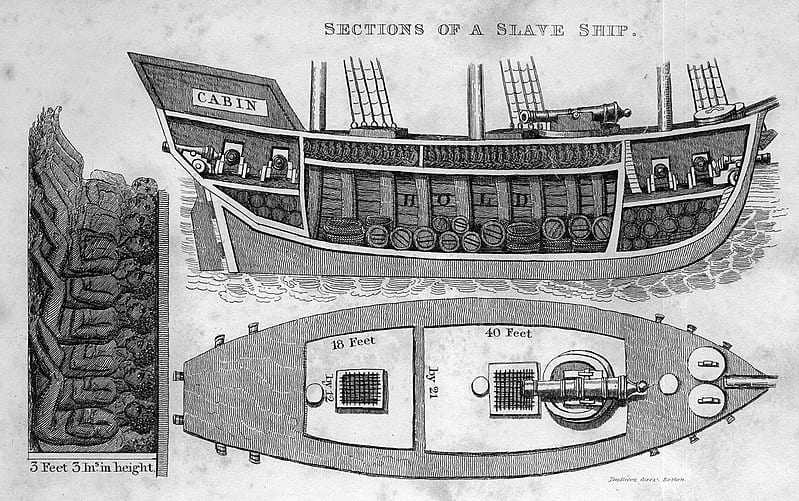






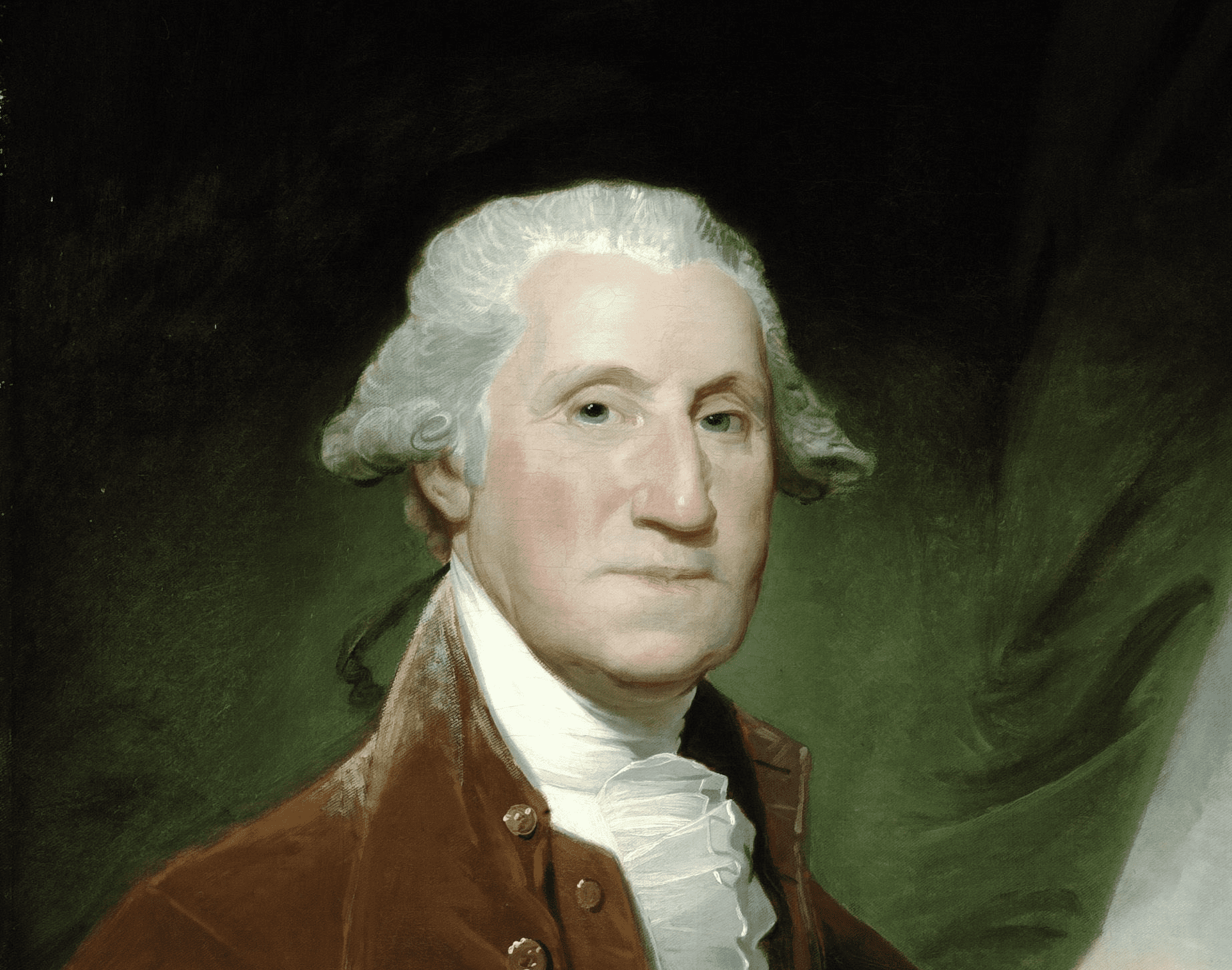















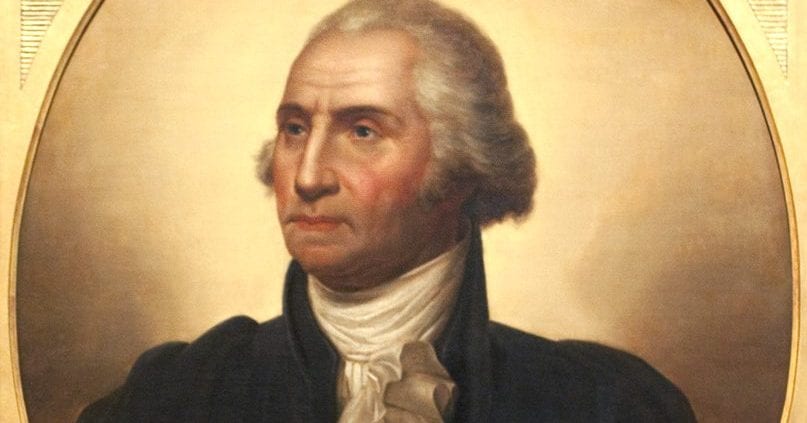
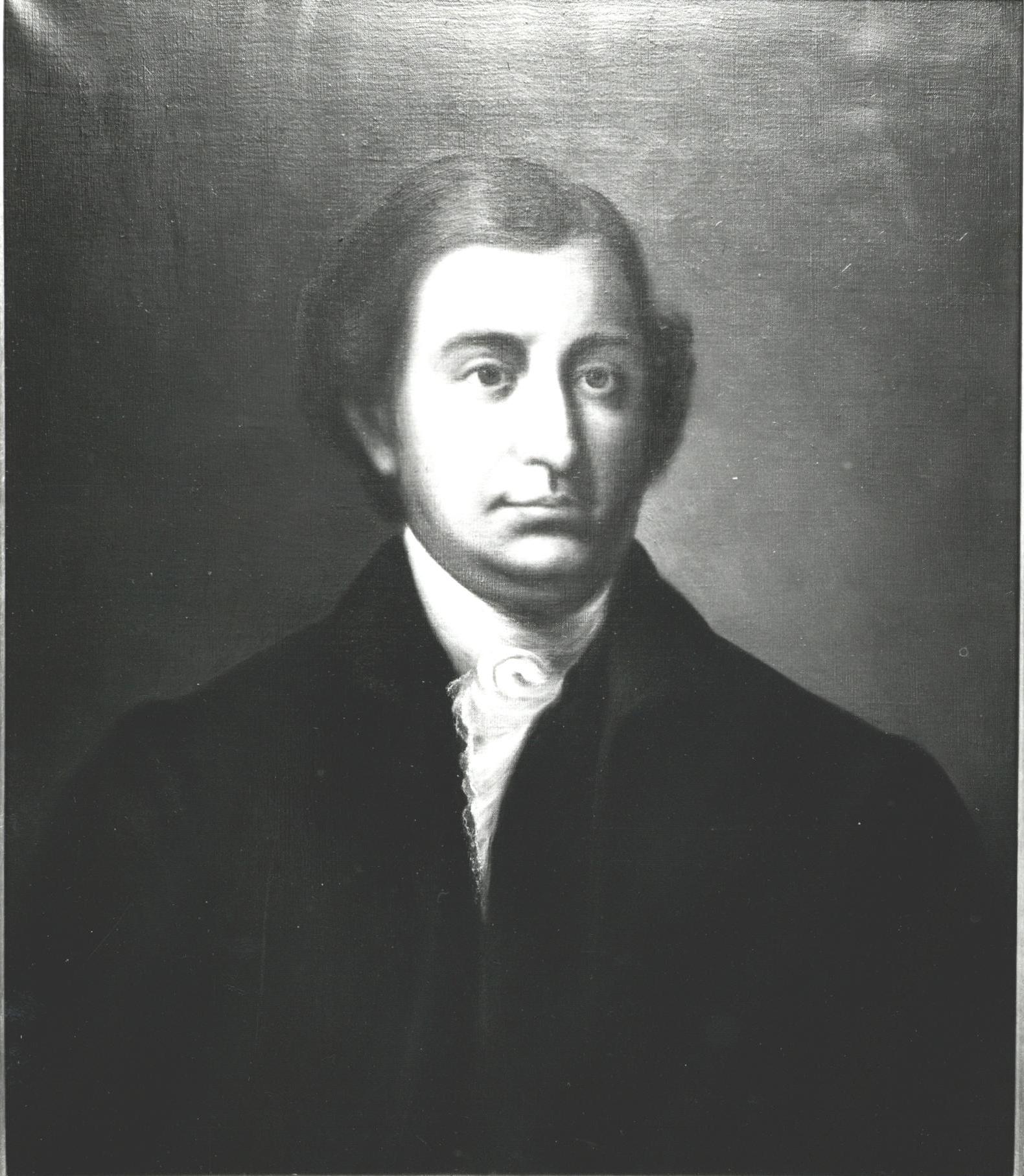
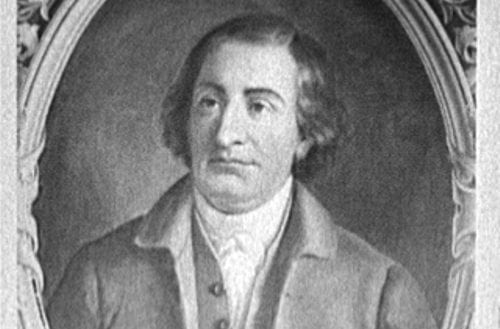
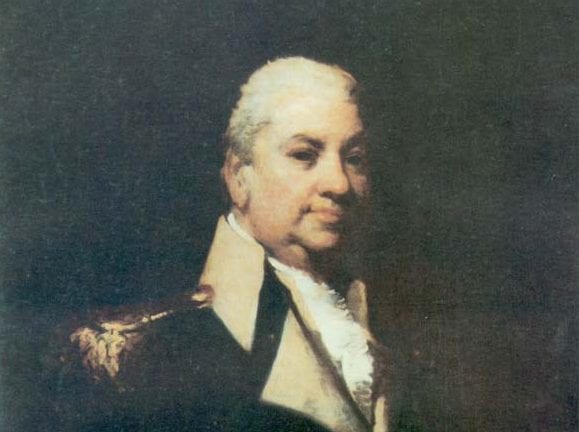




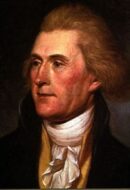













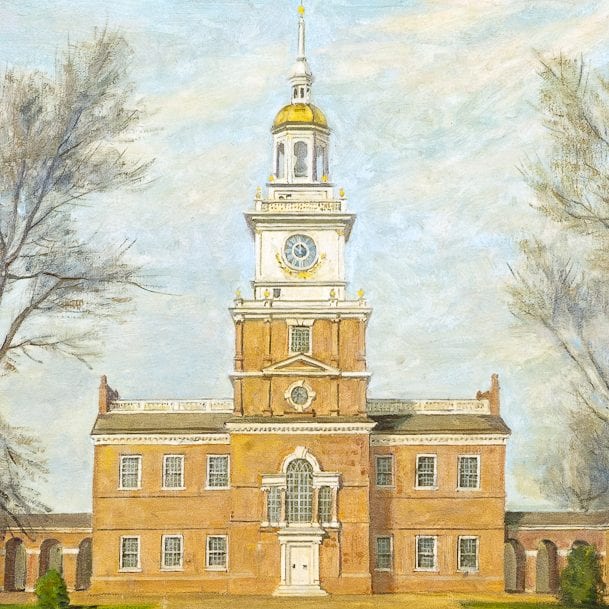

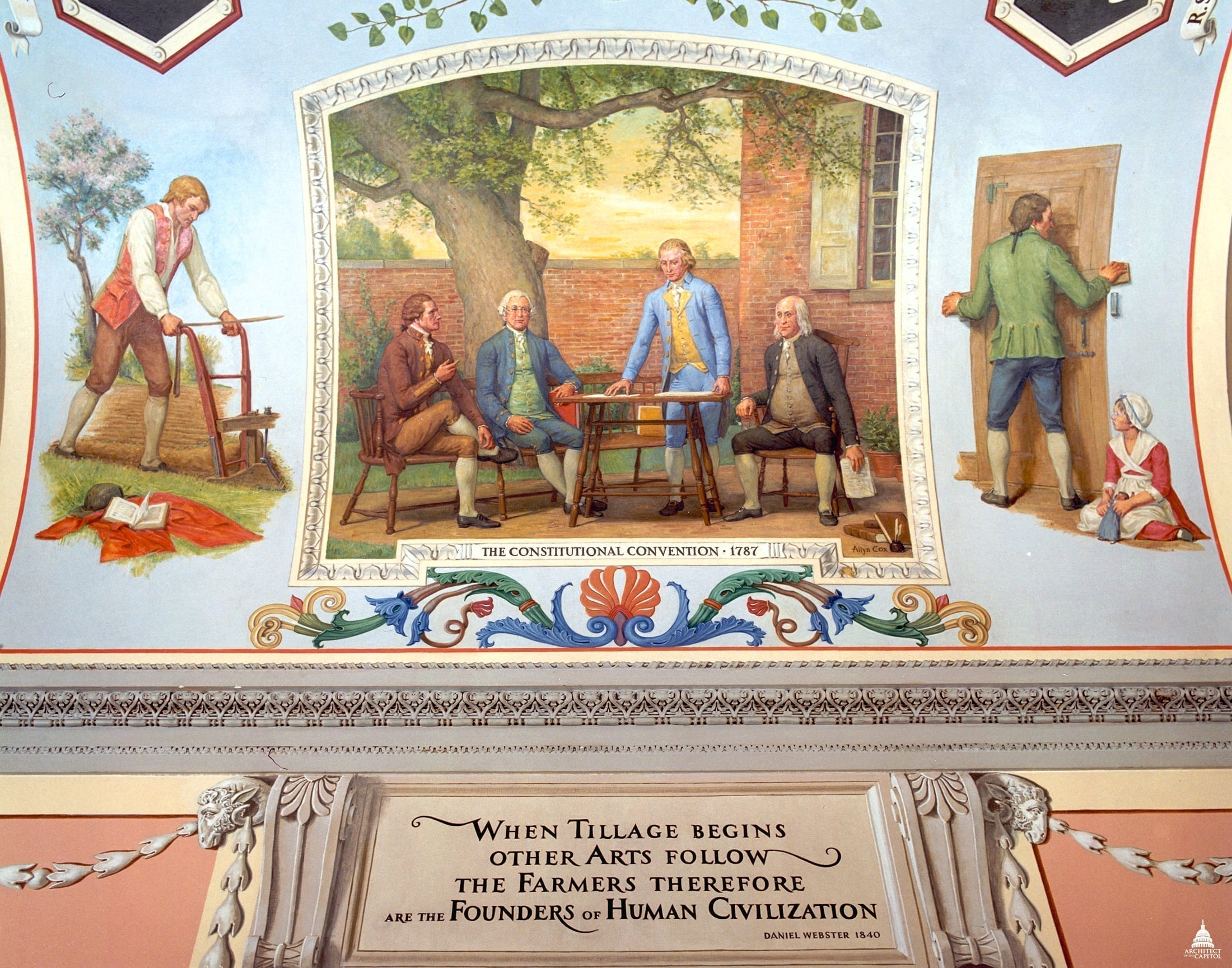

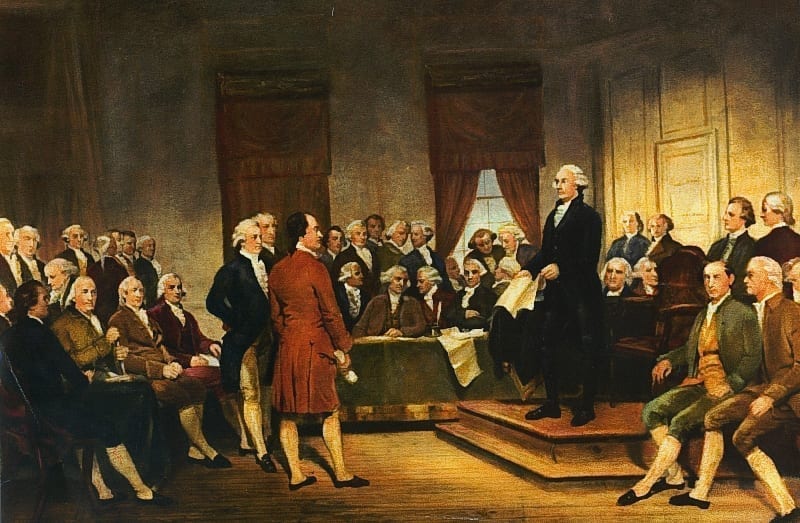


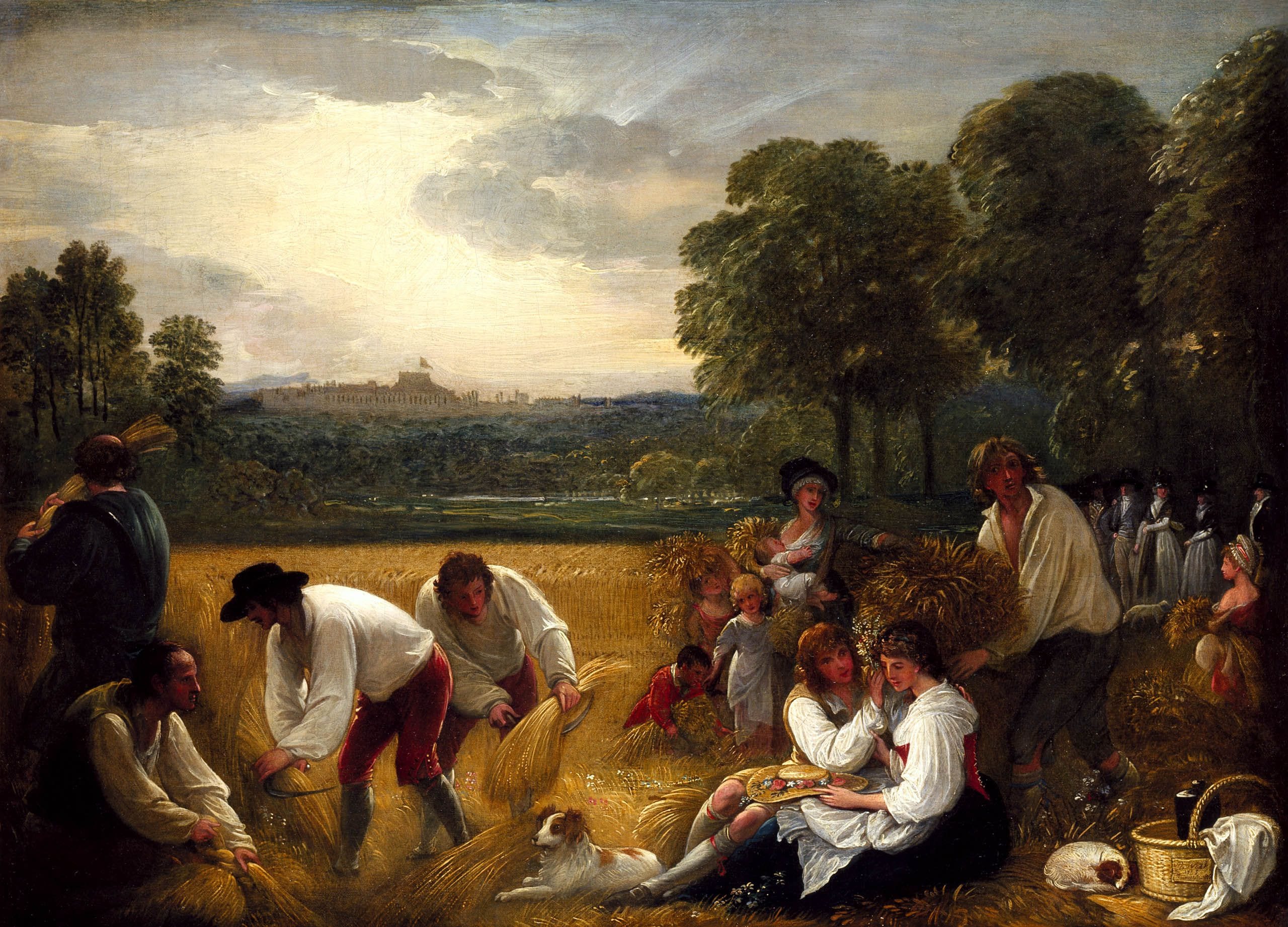


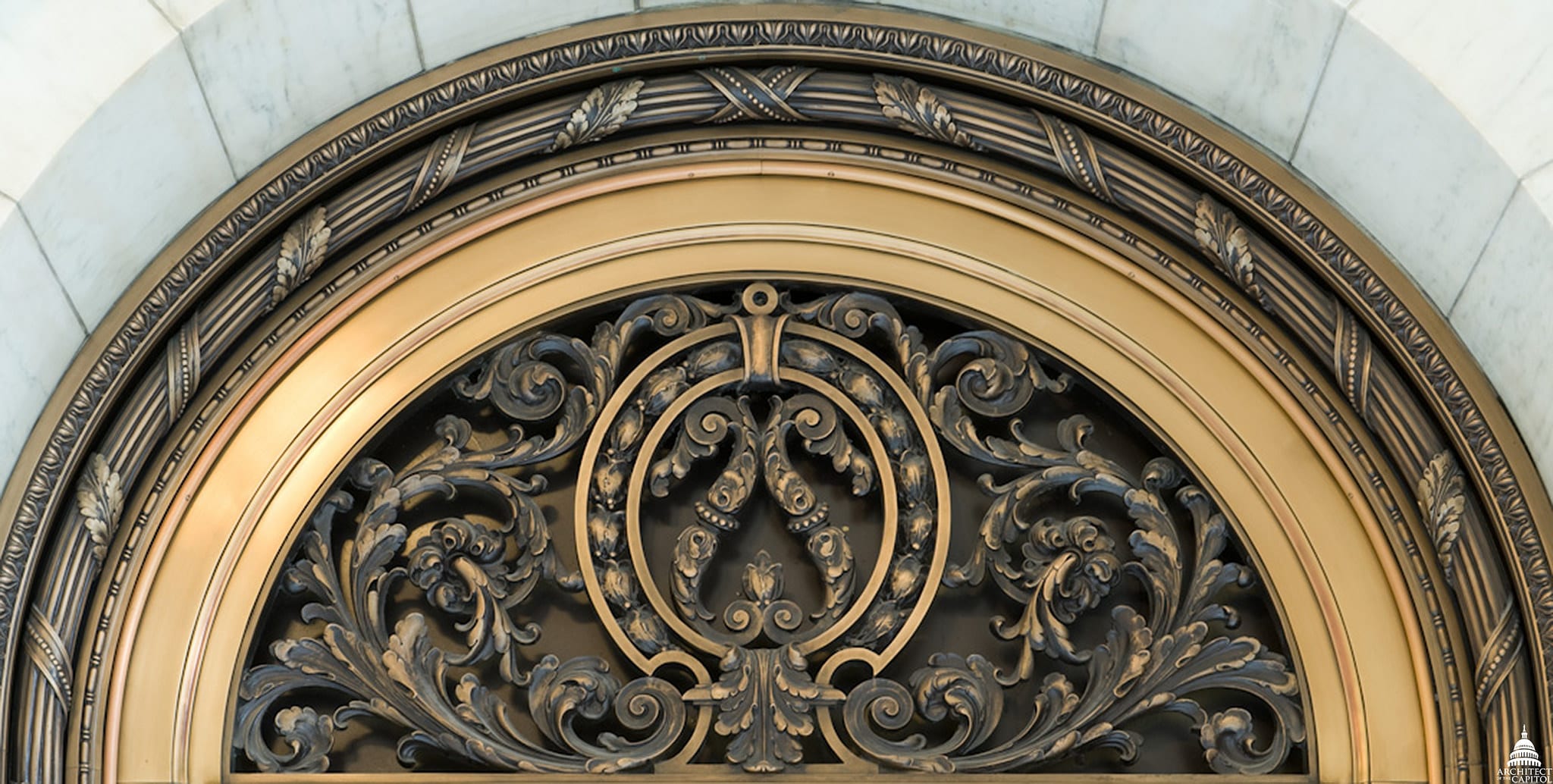













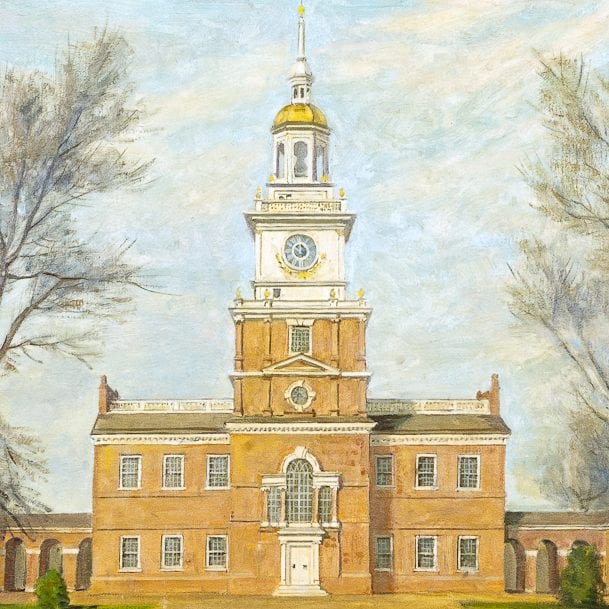
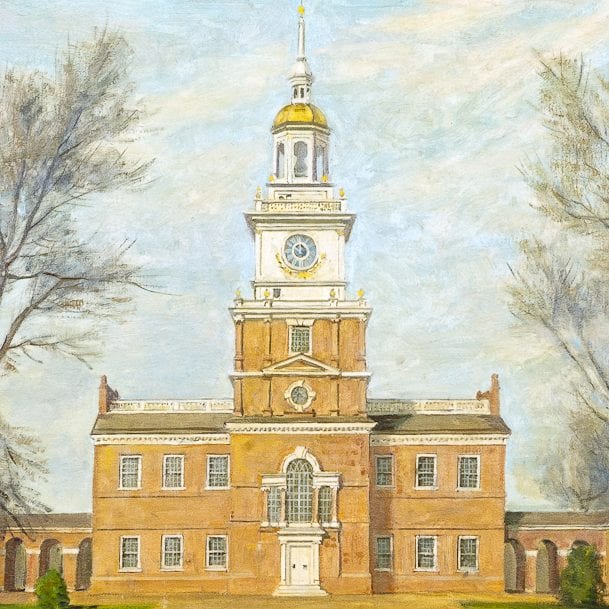






































































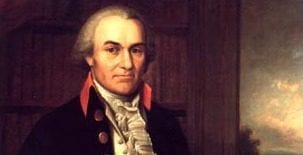



























![Finley, A. (1829) Pennsylvania. Philada. [Map] Retrieved from the Library of Congress, https://www.loc.gov/item/98688548/.](/content/uploads/2024/02/Map-of-PA--273x190.jpg)





















